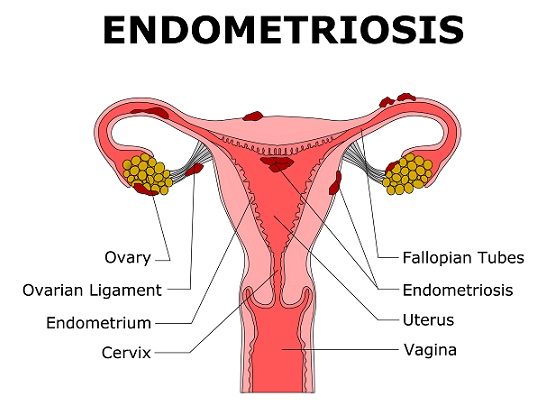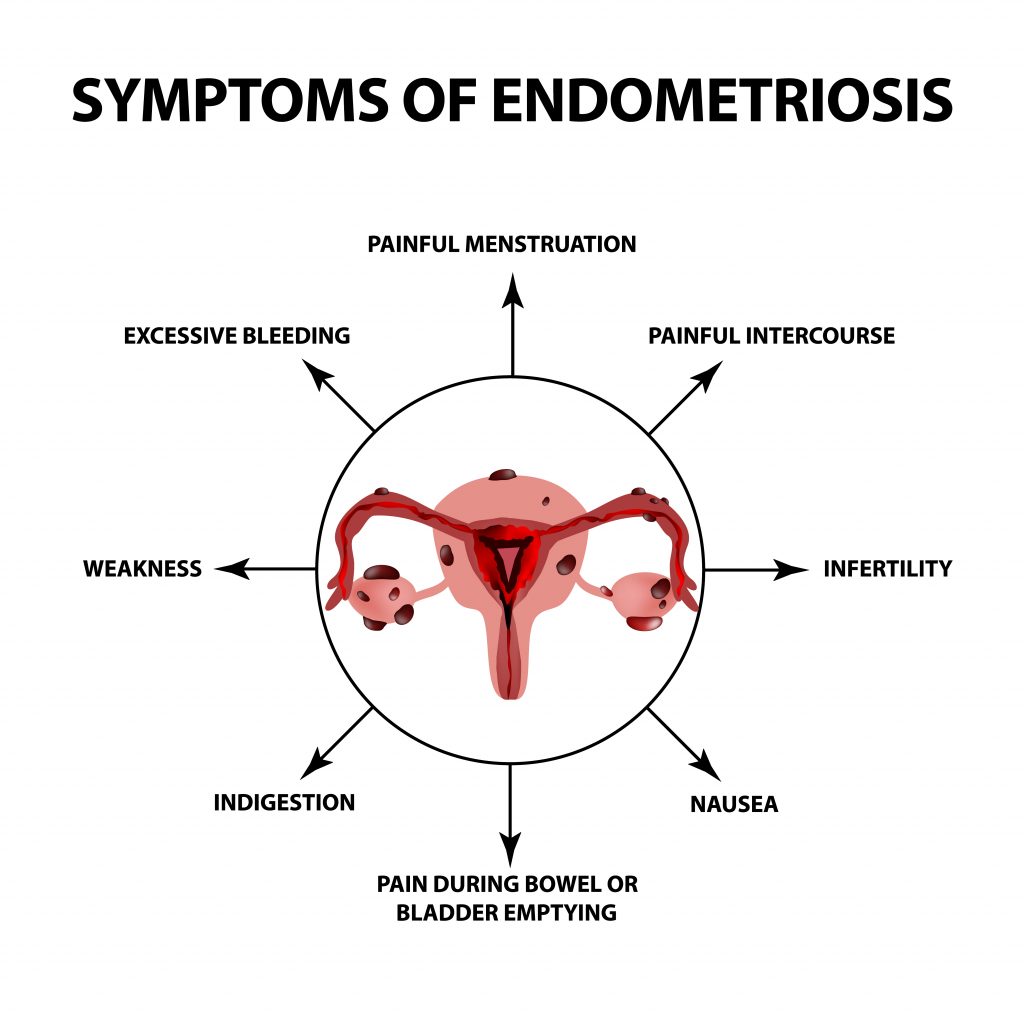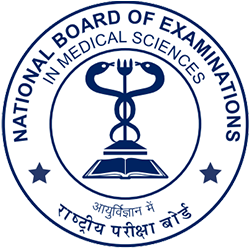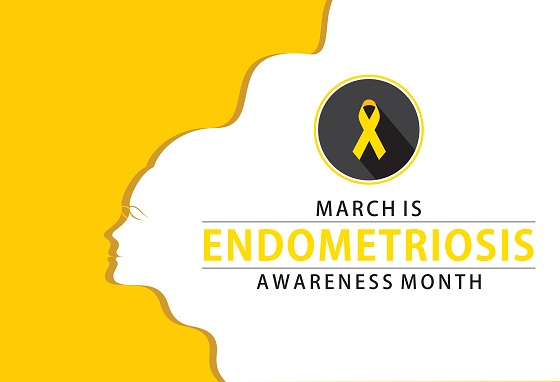ENDO MARCH 2021

- The Month of march is dedicated to create awareness about ENDOMETRIOSIS
- About 200 million women suffer with ENDOMETRIOSIS worldwide
- 1 in 10 women have this disease ENDOMETRIOSIS
- It is difficult to diagnosis as the symptoms are not related to the severity of the disease
- Average time from the onset of symptom to correct Diagnosis is 5 to 10 years
- 40% of patients who came to fertility centre have ENDOMETRIOSIS.

Symptoms :
- Heavy and painful periods
- Pain and heaviness in lower Abdomen
- Difficulty in conceiving leading to anxiety, depression and QOL (Quality of Life)
How is it Diagnosed :
- Proper history
- Though physical Examination
- Ultrasound
- MRI
- Diagnosis Laparoscopic





